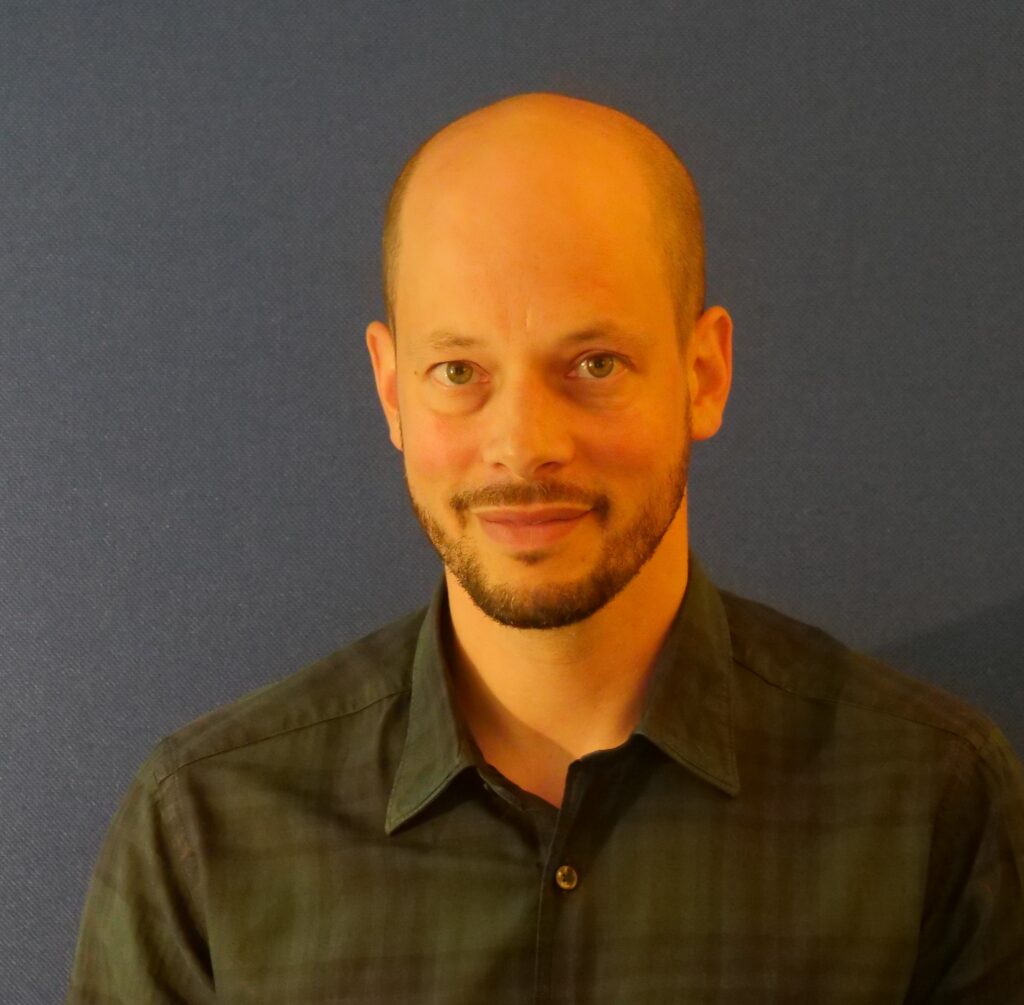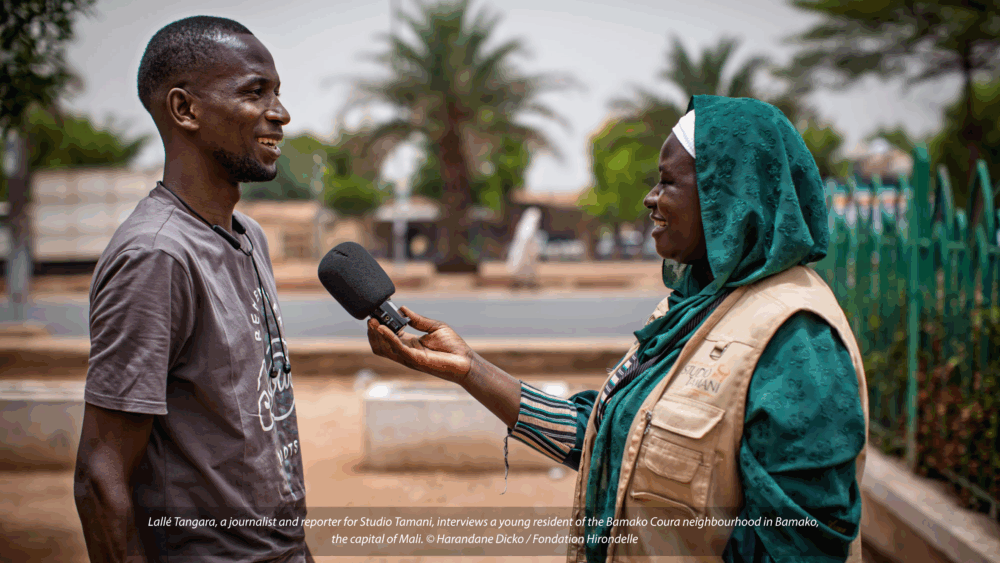
Faced with the new forms of disinformation proliferating online, Fondation Hirondelle has published a policy paper renewing its approach to this fast-changing phenomenon. Head of Research and Policy Sacha Meuter summarises its main points.
Why did Fondation Hirondelle feel the need to update its position on disinformation?
Sacha Meuter: In its 2024 report on global risks, the World Economic Forum ranked disinformation as the greatest short-term global threat. For a few years now, several negative factors have been reinforcing one another and are clearly amplifying this threat. Technological factors: AI and social media are combining to facilitate the production and massive spread of disinformation. Political factors: democracy and civic spaces are shrinking worldwide. Economic factors: the news media has lost much of its advertising revenue to the tech giants. Lastly, behavioural factors linked to the spread of echo chambers that reinforce beliefs. This combination of negative factors is leading to a chaos of information in which reliable and balanced information is losing visibility.
As a result, societies are suffering from three major predicaments: firstly, a growing segment of the population is taken in by fake news; secondly, people holding opposite viewpoints are losing the ability to dialogue; and lastly, populations with the least digital access and speaking languages neglected by the digital space are being left behind in terms of knowledge sharing. This situation represents a major challenge for the news media which, like the media supported by Fondation Hirondelle, work to address the majority and contribute to social cohesion.
What is Fondation Hirondelle’s response to the spread of disinformation?
We have observed that approaches based on fact-checking and debunking are not enough, as they focus on the details of the disinformation or come too late, reacting to disinformation that has already been passed on and amplified. Fondation Hirondelle emphasises a preventive, inclusive approach that favours information integrity.
This approach is based on strengthening both the quantity and quality of journalism: supporting local media, the best qualified to respond to the need for reliable and accessible information; raising the bar for journalistic ethics; and increasing the number of journalists in the field, especially in the most marginalised areas where news vacuums are rapidly filled by rumour. It is also based on strengthening the quality of the demand for information and our audiences’ capacity for critical thinking; making the news production process more transparent; and efforts to improve news literacy or media and information education.
Your policy paper advises a global approach to counter disinformation. Who are your main partners in taking this approach?
Public and private funding organisations are essential partners who must increase their support for the news media in the unfavourable climate they currently face. With other actors in the media and development sectors, we must also carry out advocacy work with the tech giants, pushing them to stop boosting organisations who spread disinformation that negatively impacts the visibility of reliable information.
However, it seems less and less likely that we can count on the goodwill of Big Tech. Information integrity must be promoted by governments who recognise its importance, such as Switzerland, which in July 2025 will host the World Summit on the Information Society (WSIS+20) and the AI for Good Global Summit. Lastly, we address media consumers, who are often at liberty to choose which information they wish to consume and to decide which media actors to support.
– Excerpt from Mediation No. 15 by Fondation Hirondelle, available here.

